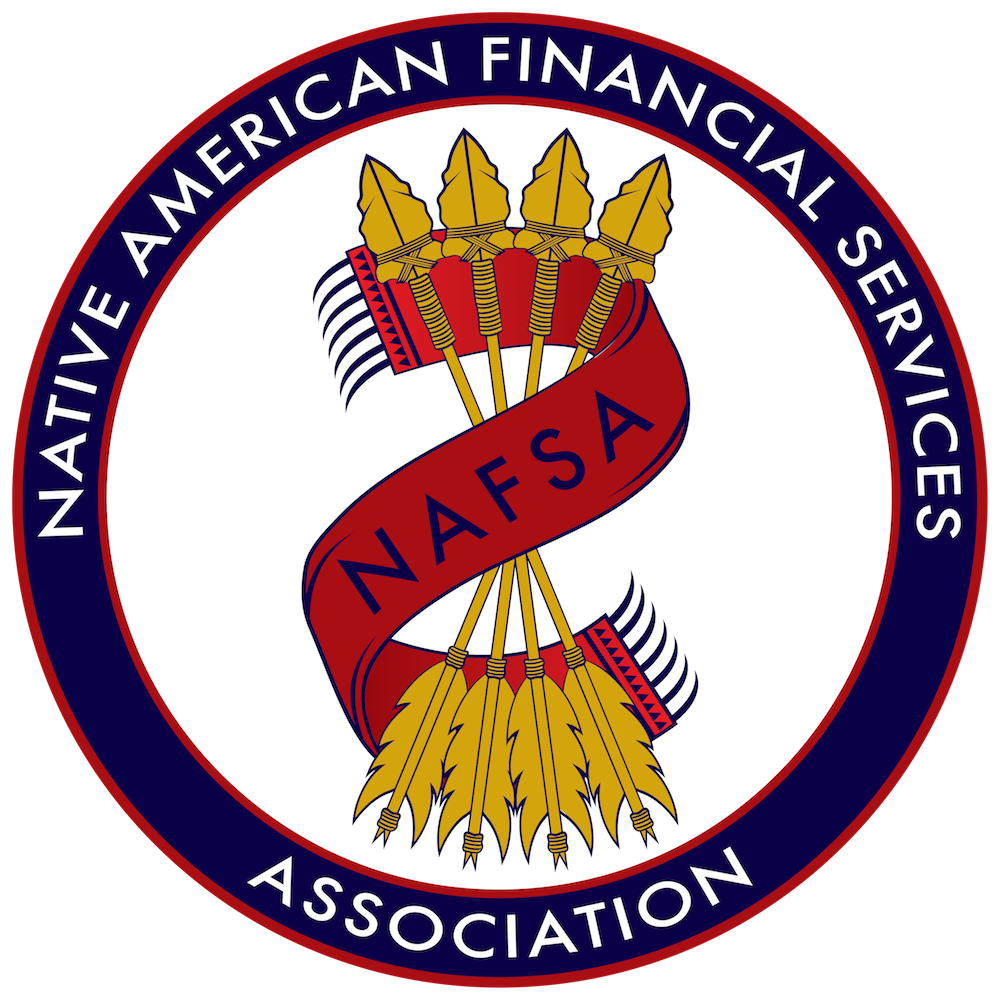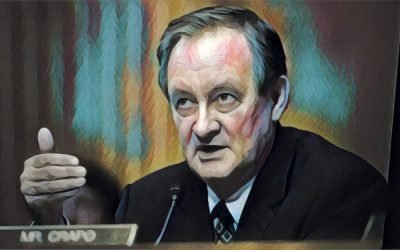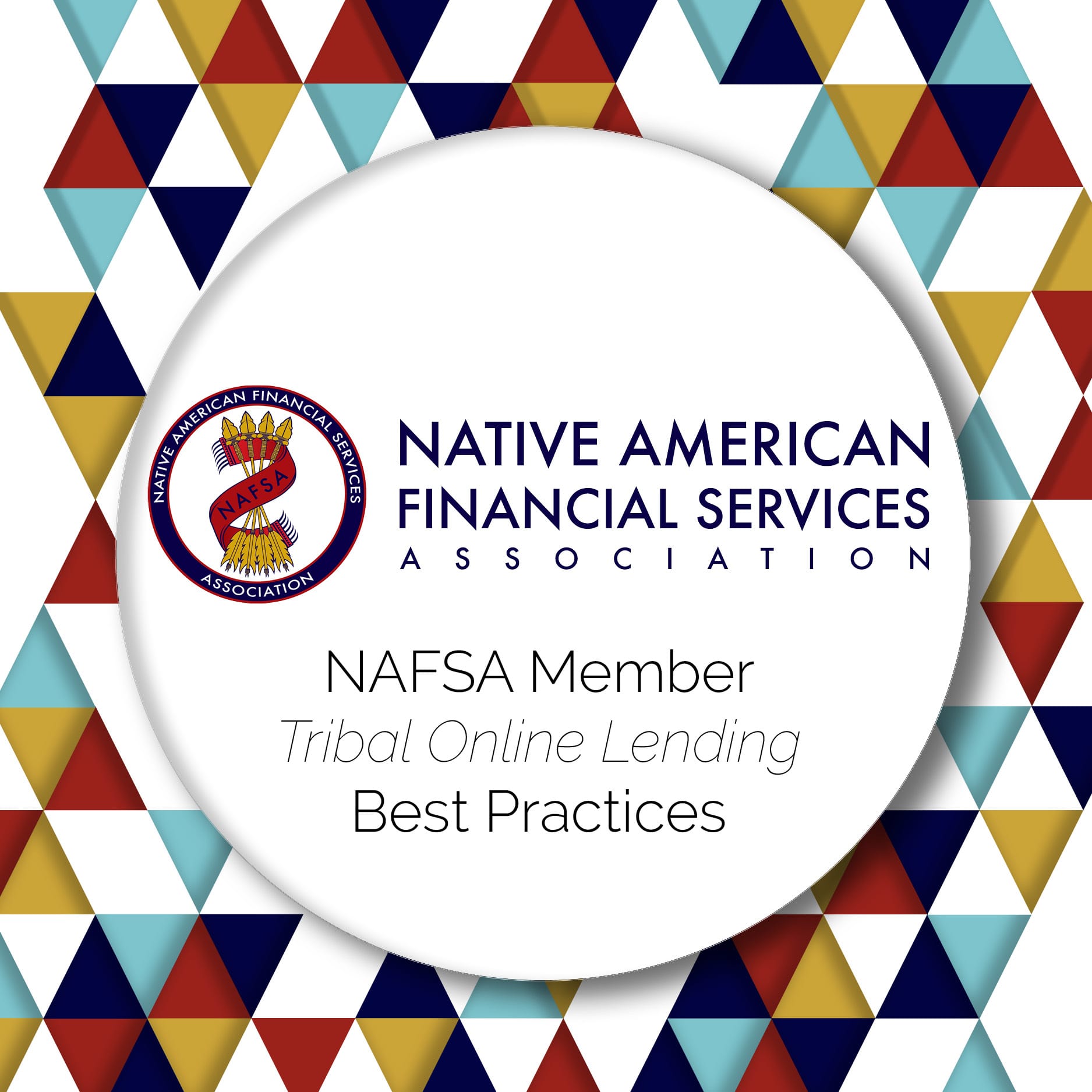The Latest Financial News
Senate Approves Dodd-Frank Reform Bill, Possibly DOA in House
A mostly bipartisan Senate voted yesterday 67-31 to advance a bill that would make significant changes to bank regulatory oversight provisions in the Dodd-Frank Act. The bill, led by Senate Banking Committee Chairman Mike Crapo (R- ID), passed after months...
10 Years Later, Congress Looks to Loosen Regs on Financial Institutions
In 2008, a massive housing bubble and subprime mortgage crisis contributed to the loss of nearly 9 million American jobs and pushed the unemployment rate into double digits for the first time in more than 40 years. The collective net worth of American...
Understanding the New Look CFPB
The Consumer Financial Protection Bureau (CFPB) has undergone a dramatic shift in policy over the past four months since the resignation of its first and only director, Richard Cordray. The effects of these massive policy shifts will likely guide the...
Featured Resources
Our Digital Financial Literacy Program
Too many consumers mismanage their budgets, make poor investment decisions, and fail to properly plan for the future. NAFSA is committed to empowering people with the skills they need to change this trend and thrive financially. NAFSA’s Financial Literacy Program offers an assortment of digital modules covering a wide variety of financial topics, including building emergency savings, mortgage education, and retirement planning.
Tribal Online Lending Best Practices
NAFSA has developed Best Practices for the exclusive use of all NAFSA Members as it relates to their Tribal Online Lending businesses. We believe these Best Practices will help ensure consumer protection, quality service, and positive customer and industry interactions during the life of the loans made by tribal lending entities who are NAFSA members. Our Best Practices apply to all stages of the loan, including marketing, origination, servicing, collecting, and ongoing data privacy.
The Impact of Tribal Financial Services
Coming from a history of staggering unemployment rates, limited opportunities, and lack of access to fundamental resources, Native American tribes began online lending businesses to create real change for the future. Internet commerce has been a vehicle for supporting economic growth, tribal services, and tribal development. These are their stories.
Why NAFSA?
There are more than 570 federally-recognized tribes in the United States, many of whom are spread across in diverse areas. This has left a need for other tribal economic development opportunities to create sustainability and jobs on Native American reservations.
Tribal Financial Services:
![]() Create jobs & economic development on tribal lands
Create jobs & economic development on tribal lands
![]() Increase the financial independence of tribes
Increase the financial independence of tribes
![]() Deploy sovereignty & bolster tribal self-determination
Deploy sovereignty & bolster tribal self-determination

Our Mission
To advocate for tribal sovereignty, promote responsible financial services, and provide better economic opportunity in Indian Country for the benefit of tribal communities.






